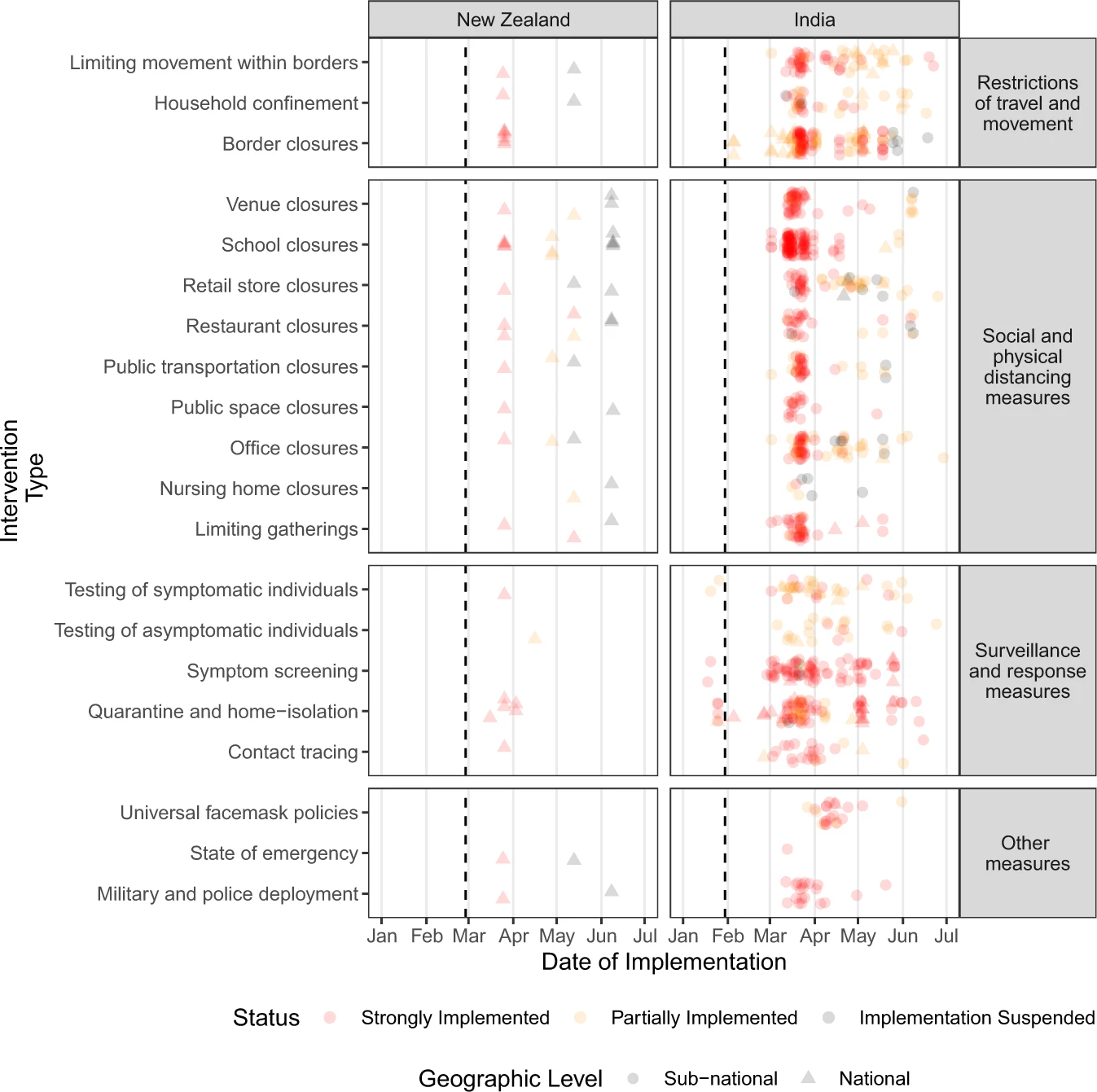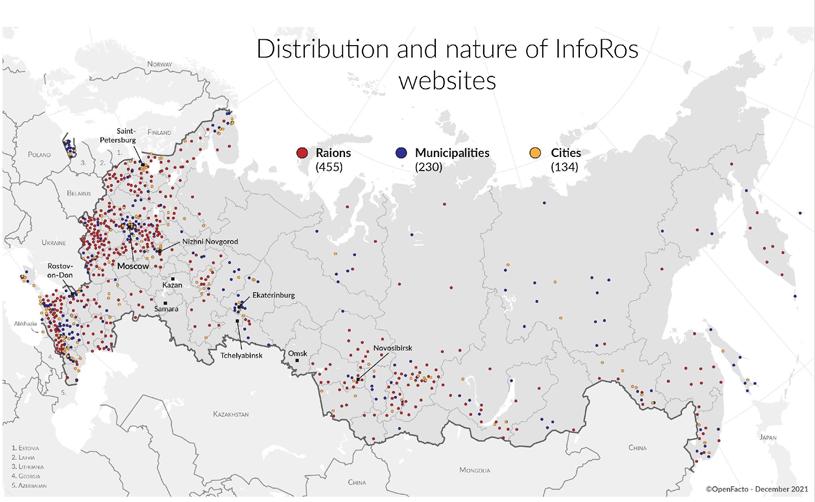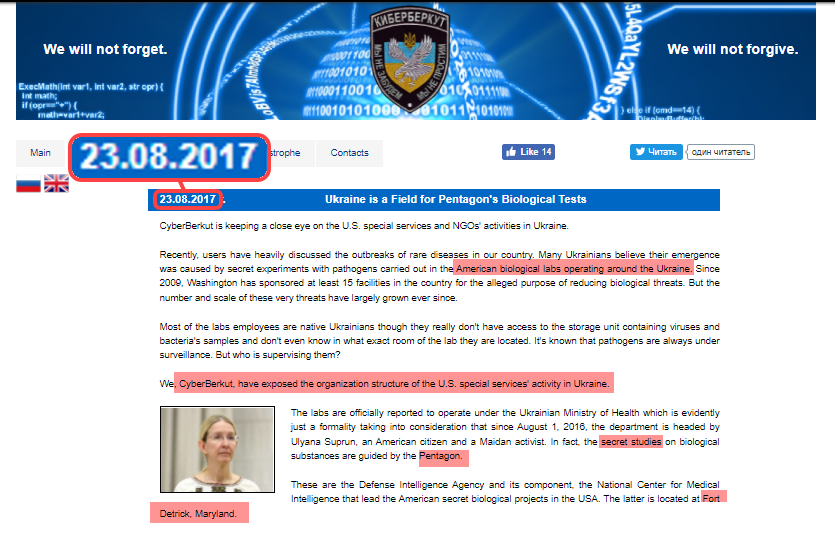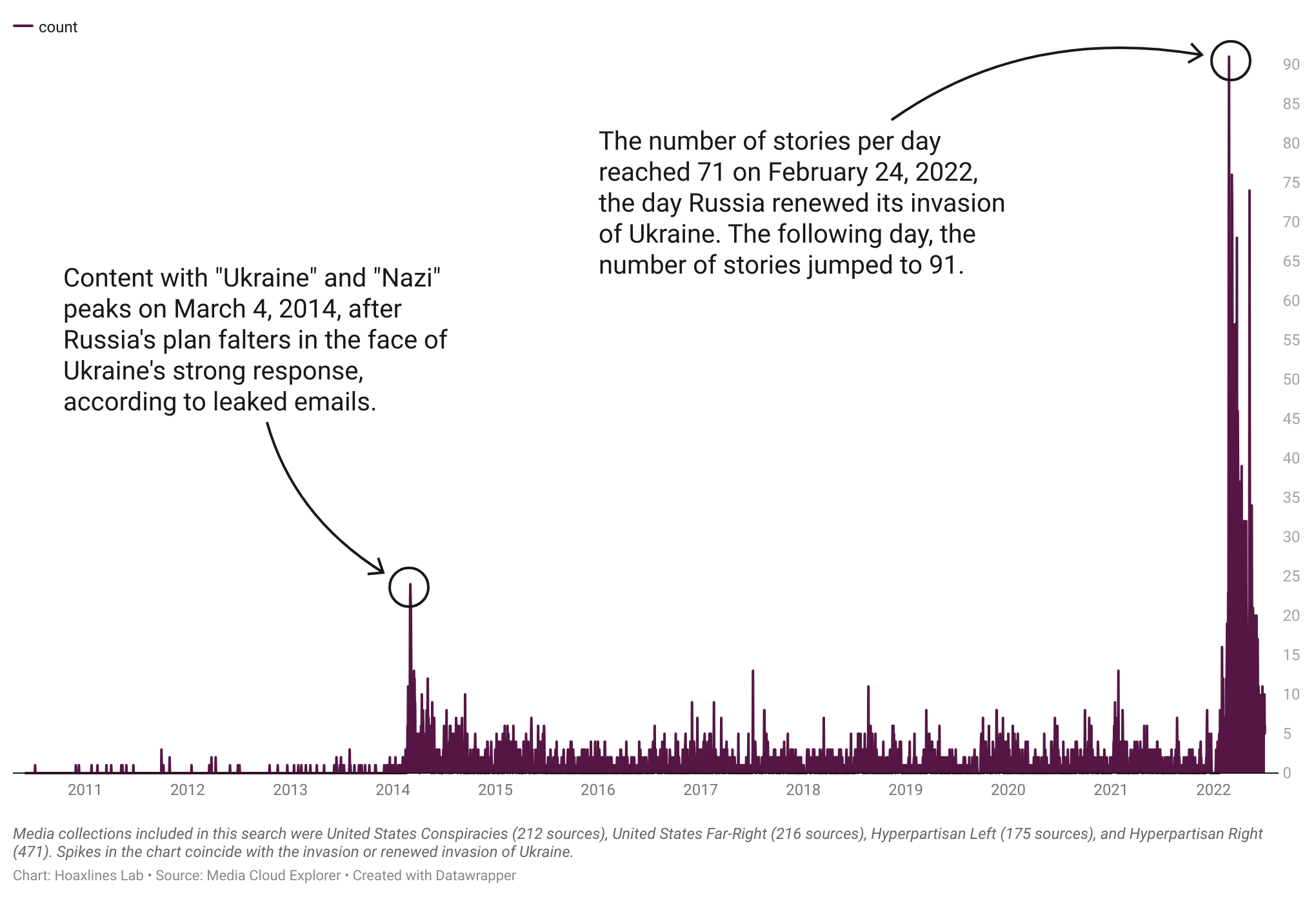E. Rosalie Li, M.A.
Welcome to the InfoEpi Lab! I’m Rosalie and I’m passionate about blending research and technology for the good of humankind.
I’m a researcher, analyst, and recent graduate of the Johns Hopkins Bloomberg School of Public Health, where I studied public health, national security, and public policy. I focused on the threat of information manipulation during crises.
The Genesis of InfoEpi Lab
I started the InfoEpi Lab in 2023 to address the need at the intersection of public health, national security, and information epidemiology. This followed three years on another project focused on malign influence and public health.
Global crises have shaped much of my work, which has been quoted in international media outlets such as Germany’s Tagesschau and Australia’s ABC; mainstream US publications like Rolling Stone, NPR, and The New York Times; advocacy groups like No License for Disinformation, the Genetic Literacy Project; expert resources like Global Influence Operations Report; and academic reports like “Building Vaccine Demand” from the Information Futures Lab at the Brown School of Public Health.
A Handful of People Can Change the World
During my time at the Johns Hopkins Bloomberg School of Public Health, I realized my understanding of mis- and disinformation was too narrow and that the field of public health, more generally, was struggling to address the threat. My independent research examined information campaigns from the present and bygone eras in the hope of appreciating the harm and how we might counter it.
At the same time, I joined forces with over a hundred individuals who worked on the COVID Tracking Project. This initiative, now enshrined in the Library of Congress, provided a vital service when no one else would. In doing so, we became a trusted source for thousands of news stories and studies, and our data were used by two White House administrations. It was something that changed how I saw myself and those around me.
A handful of people saw a problem, and we became the solution.
Upholding the Right to Accurate Information
My endeavors, as varied as they are, all share a common thread: defending our fundamental right to accurate information. Whether addressing vaccine hesitancy among concerned parents or unmasking media manipulation online, my work remains driven by the desire to uphold the innate human right to accurate information.
So, whether you’re an academic, a prospective partner in innovation, or just a visitor intrigued by what we do, I’m grateful for your time—intrigued to discuss ideas, collaborations, or anything in between? Feel free to reach out through the Contact page.
When I’m not collaborating or putting pen to paper (or fingers to keyboard, as it often is), you might find me volunteering, discussing media manipulation, or knitting the umpteenth shawl I do not need.
Curious about my journey? Explore some highlights of my previous projects below.
Academic Research
The HIT-COVID Project
The HIT-COVID project tracked how governments worldwide changed policies and rules to slow the spread of SARS-COV-2. Hundreds of contributors documented local-level policies. We aimed to identify every policy change and its date for all countries. Dozens of studies have cited the project, and the results of the project were published in Nature.
HIT-COVID, a global database tracking public health interventions to COVID-19. Sci Data 7, 286 (2020). nature.com/articles/s41597-020-00610-2
Digital Forensics
Google, Amazon, and Facebook are among the top companies helping COVID-19 misinformation sites stay in business.
The DFR Lab published a list of websites exclusively devoted to COVID-19 misinformation, and Media Matters found the sites commonly used Google, Amazon, and Facebook services to monetize or drive traffic.
Li ER. Google, Amazon, Facebook are among top companies helping COVID-19 misinformation sites stay in business. In: Media Matters for America. 2021 [cited 20 Feb 2023]. Available: https://www.mediamatters.org/coronavirus-covid-19/google-amazon-facebook-are-among-top-companies-helping-covid-19-misinformation
The GRU’s galaxy of Russian-speaking websites
Since 2016, numerous studies have shown Russian intelligence services’ involvement in online information operations. Case studies on the Internet Research Agency (IRA), Secondary Infektion, and the Ghostwriter campaigns shed light on the methods allegedly employed by the Russian government to influence and discredit beyond its borders. At the same time, relatively little research has focused on Russian Intelligence’s control over the domestic information space.
OpenFacto discovered and mapped more than one thousand Russian-speaking websites linked to the GRU, Russian military intelligence, to reconstruct their strategy and objectives, in a landscape saturated with media loyal to the Kremlin.
OpenFacto. The GRU’s galaxy of Russian-speaking websites. In: Open Facto. 2022 [cited 20 Feb 2023]. Available: https://openfacto.fr/2022/01/27/the-grus-galaxy-of-russian-speaking-websites/
Malign Influence and Public Health
Li ER. U.S.-Ukraine “biolabs story” likely authored by Russian intelligence. In: U.S.-Ukraine “biolabs story” likely authored by Russian intelligence. Hoaxlines Lab.. 2022 [cited 23 Jul 2023]. Available: https://hoaxlines.org/2022/us-ukraine-biolabs-story-likely-authored-by-russian-intelligence
The Case of the Pfizer Influencer Disinformation Operation
A London-based PR agency that we’ve traced back to someone who appears to live in Moscow is offering French influencers cash to launder disinformation about the Pfizer and AstraZeneca vaccines.
As this Pfizer-bashing scheme unraveled, the EU agreed to a 1.8 billion-dose deal for the Pfizer vaccine around May 8, 2021. The Pfizer vaccine is widely used in Europe. Undermining trust in that vaccine could drive conflict within European countries, but it also might open the door to sales of Sputnik V.
Li ER. The Case of the Pfizer Influencer Disinformation Operation. Hoaxlines Lab. 2021. Available: https://hoaxlines.org/2021/the-case-of-the-pfizer-influencer-disinformation-operation
Russian and Chinese Officials Likely Coordinated False Claims About “Biolabs”
On March 6, state-controlled accounts belonging to Russia and China increased the posts they published referencing a Ukraine-US bioweapons conspiracy. Russia had changed its story from knowing the weapons were there before and saying the US wanted to maintain control (Mar 3) to a story where the Russians discovered a sensational plot (Mar 9).
Later, these findings were confirmed through leaked contracts.
The combination of closely timed increases, mirroring articles in state-controlled outlets, use of diplomatic and outlet social media accounts, and nearly identical messaging may suggest Russia and China have coordinated their information operations.
Li ER. Russia changed its story about bioweapons. China followed Russia’s lead. Hoaxlines Lab. 2022. Available: https://hoaxlines.org/2022/russia-changed-its-story-about-bioweapons-then-russia-and-china-opened-the-disinformation-floodgates
Autocrats Win With Twitter’s New Approach to State-Affiliated Media
On April 4, Elon Musk’s Twitter added a new label to the account for National Public Radio (NPR). The decades-old independent broadcaster is now classified as “state-affiliated.”
The move came even though Twitter’s policy said that funding from a government source alone does not warrant the label of “state-affiliated media,” provided the outlet has editorial independence, as in the case of the BBC in the UK. Contrast that with outlets such as Russia’s RT and Sputnik, where even employees have highlighted the lack of editorial freedom in these Kremlin-backed organizations, bolstering the case for their classification as “state-affiliated.”
Twitter’s (or perhaps more accurately, Musk’s) seemingly arbitrary decision risks undermining the distinction between ethical, state-financed journalism and propaganda arms controlled by autocratic regimes. A gift to dictatorial leaders who hide behind claims of persecution, these corrosive changes occur in an increasingly hostile online environment, where censorship and suppression of free speech are major concerns. And it raises serious questions about whether Musk is a responsible steward of such an important platform.
Li ER. Autocrats Will Benefit Most from Twitter’s New Approach to State-Affiliated Media. In: Tech Policy Press. 7 Apr 2023. Available: https://techpolicy.press/autocrats-will-benefit-most-from-twitters-new-approach-to-state-affiliated-media/
Stories about “Ukrainian Nazis” were rare before 2014. Then, they surged as Russia’s plans faltered.
We examined the surge in content discussing “Ukraine” and “Nazi” on far-left, far-right, hyperpartisan, and conspiracy theory websites during the Russian invasions of Ukraine in 2014 and 2022.
The findings suggest that the increased coverage of Ukraine-Nazi stories coincided with key events in the Kremlin-orchestrated invasions in both years, including protests, escalations, and strategic maneuvers. These media outlets amplified false Kremlin narratives that likely sought to justify Russia’s actions in Ukraine.
In both 2014 and 2022, the surge in Ukraine-Nazi content coincided with key events related to Russian invasions and actions in Ukraine. The false narratives seemingly aimed to justify Russia’s regional aggression and actions.
The findings highlight the potential impact of media manipulation on public opinion and the justification of military actions.
By amplifying false narratives, these outlets may have contributed to spreading mis- and disinformation, negatively affecting international relations and conflict resolution efforts.
Li ER. Stories about “Ukrainian Nazis” were rare before 2014. Then, they surged as Russia’s plans faltered. Hoaxlines Lab. 2022. Available: https://hoaxlines.org/2022/stories-about-ukrainian-nazis-were-rare-before-2014-then-they-they-surged-as-russias-plans-faltered




